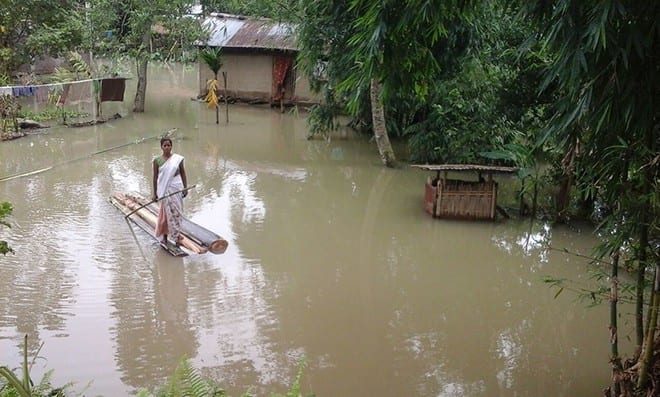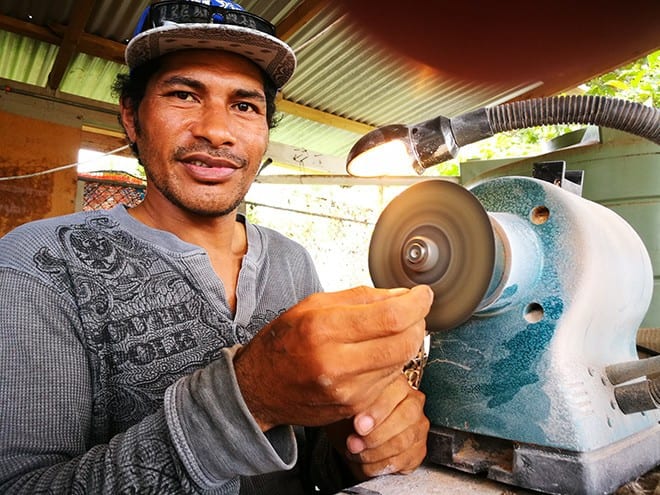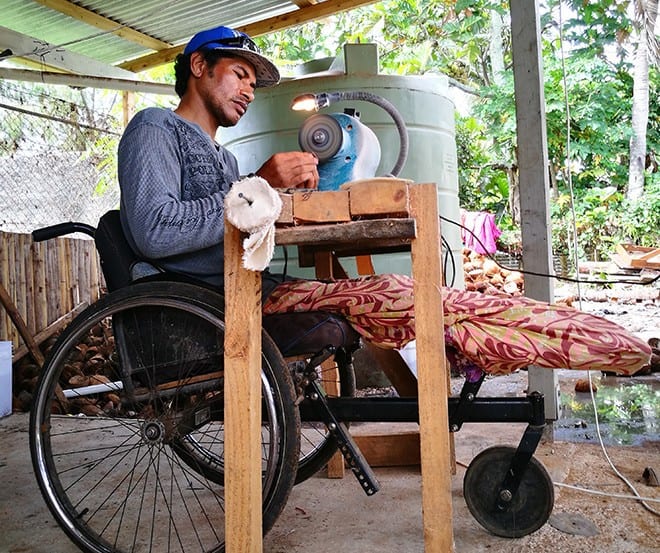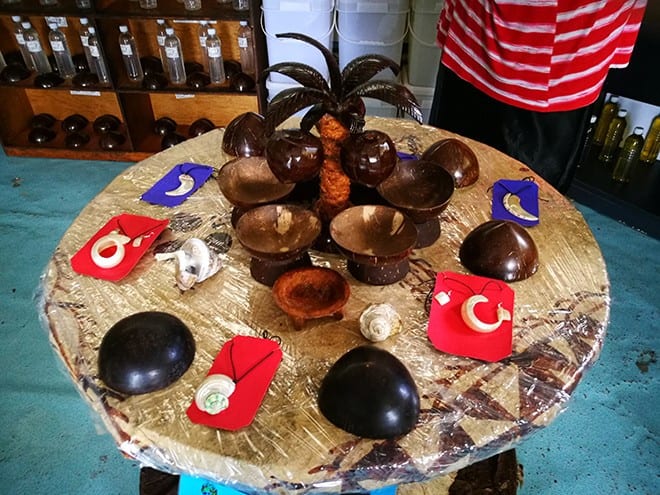
Pictured, from left: Lucy Liu, June Cui, Jennifer Ma, Sophie Chen.
It was the Great Lake Relay in Taupō that brought the four members of team ‘Welly Queen’ together. They all met there in February, connected over their love of running trails, and decided to challenge themselves as a team to the 100km Oxfam Trailwalker.
The team is made up of four ladies – Sophie, Lucy, Jennifer and June – who are originally from China but who now reside in Wellington, which they call “the coolest little capital in the world.”
Sophie Chen, team leader and sales engineer, is trail-running obsessed. She challenged herself to an endurance race in Italy this September – Tor des Geants – and completed 148 kilometres and 9500 metres of elevation gain in 55 hours.
“I am a big fan of ultra-trail running. I want to help children living in poverty to have access to clean water.”
Lucy Liu, a chartered accountant, has been running regularly since 2015, this year completing the 80 kilometre Round the Mountain race in Taranaki in 11 and-a-half hours.
“Running is contagious. So is sharing! It dawned on me that regardless how little we share, we are elevating vulnerable people’s living conditions.”
Jennifer Ma, a postgrad student who first came to New Zealand in October last year, completed her first half marathon in Queenstown last year, and her first full one in Auckland this year.
“Running is who I am, what I am, why I am. I believe giving is the greatest act of grace.”
June Cui, an IT consultant, got into trail running early this year, completing a half marathon in Wellington in June.
“I know I’ll never be able to help all the people living in poverty, but by running, at least I can help some.”
Challenging themselves physically and contributing to the fight against poverty are things that the team have always wanted to do.
“We feel very fortunate to live in New Zealand, a country with stable economy and fabulous environment. We are also aware that there are still many people around the world living below the poverty line without access to clean water, basic healthcare and education.”
The girls have identified two big focuses for their team, the first being ensuring that they’re prepared for such a long distance. With a target time of 24 hours, they have been training together since November to make sure they’re physically ready to hit the trail for a full day and night.
Their second big focus is working together as a team to complete the challenge. Each team member has different levels of experience and fitness, so they are prepared to look out for and make allowances for each other in order to cross the finish line together.
The team has a big fundraising target and are determined to smash it, so they can provide as much support to people in the Pacific as possible.
“We have set the target at $5,000. None of us have any local fundraising experience in New Zealand, but we believe that our passion, planning and execution will surely help us beat the target.”
Welly Queen is hosting a CrossFit fundraiser class in Alicetown on 13 January 2018. To attend, RSVP to [email protected]. More details here.
A big thank you to Welly Queen for their enthusiasm and dedication to Oxfam Trailwalker!
If you wish to make a donation to the team you can do so here.
Follow the team’s progress via their Facebook page here.











